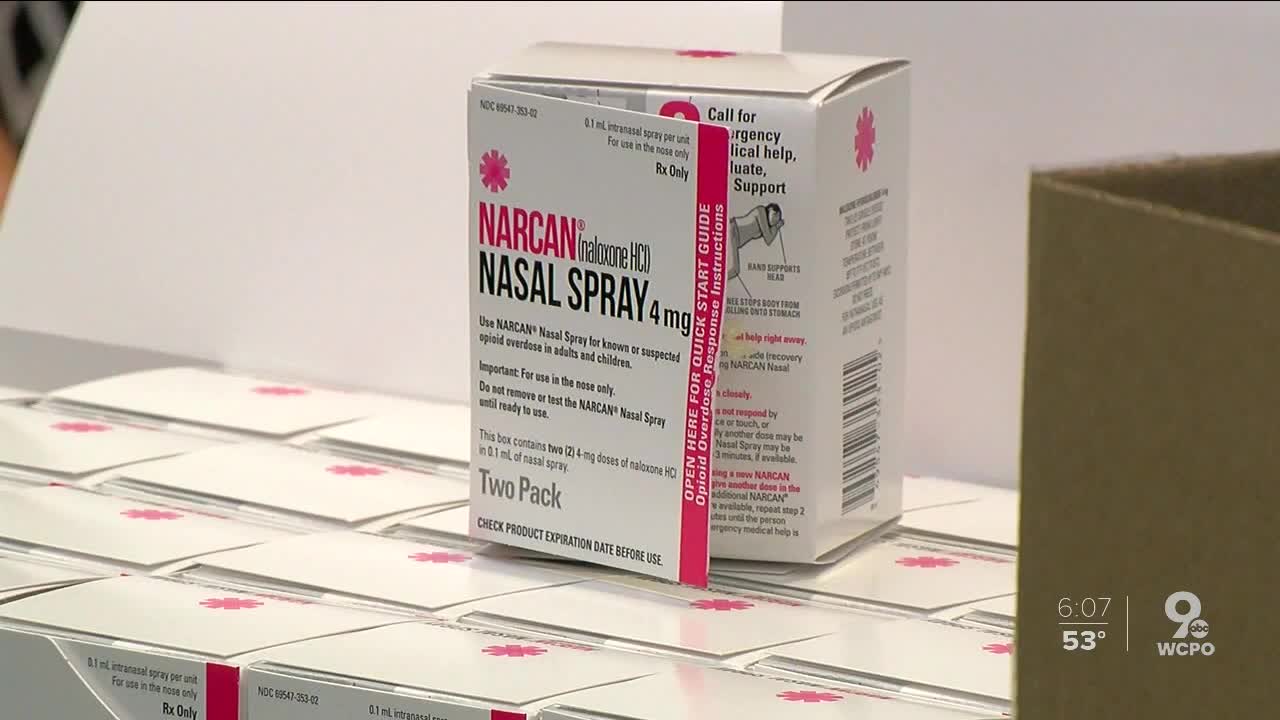HAMILTON COUNTY — There were 13 overdose deaths over the course of just five days last week in Hamilton County. Officials told WCPO that number represents a spike they think is directly linked to the coronavirus.
Tom Synan, Newtown Police Chief, said the cases are going unreported.
“We're not getting 911 calls. We're not transporting as many people to the hospital,” Synan said.
Synan said people are worried about going to the emergency room and catching COVID-19, even though they may be in need of overdose treatment.
“The COVID-19 message is out-powering the message that treatment is still available,” Synan said.
Hamilton County Health commissioner Denise Driehaus said 35 overdose deaths occurred in March alone.
Both Driehaus and Synan think isolation from COVID-19 is playing a key part in the spike.
“You should have Narcan in the house anyway. But now more than ever, because people are vulnerable right now,” Driehaus said.
Synan said those who are just getting released from jail are vulnerable.
“Several hundred, who were probably a vast majority active users before they went into jail, their tolerances will be low,” Synan said.
He said controlling the problem by tracking down fentanyl itself is not as effective.
“Once those drugs hit the street, it's too late. We're in reaction mode,” Synan said.
Driehaus said there might have been an interruption in the supply for fentanyl. When users go back to using the same dose as before it can be fatal for some users.
Driehaus and Synan want those struggling with addiction to know there are treatment options available right now -- even with the coronavirus going on around us.
“There is not a day that we're not discussing, how can we help people? Trust me, you are not forgotten,” Synan said.
In additional to traditional treatment, virtual treatment options are also available.
If you are in recovery and in need of help, Driehaus urges you to call the addiction services hotline at 513-281-7422. We also have a list of treatment options and places you can get help on our website.




